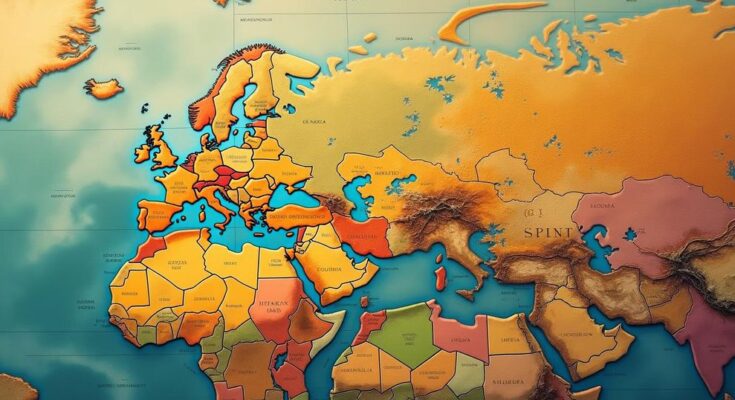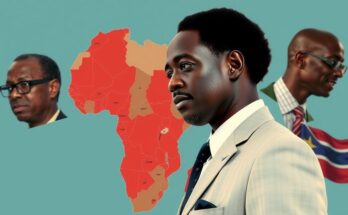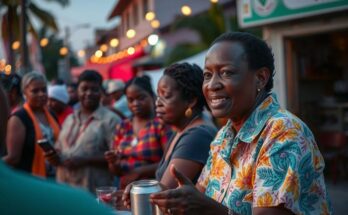Mozambique’s history from colonialism to independence is characterized by the establishment of the New State regime in Portugal, which prioritized settler interests while neglecting the African populace. The discontent among Africans fueled the formation of the Mozambique Liberation Front (Frelimo), leading to an armed resistance against Portuguese colonial rule. Following independence in 1975, Frelimo faced substantial challenges, including civil conflict instigated by the Mozambique National Resistance (Renamo). Eventually, a peace agreement in 1992 allowed for political pluralism and set the foundation for Mozambique’s contemporary governance.
The history of Mozambique is intricately linked with the forces of colonialism, revolution, and the struggle for independence. The New State regime that emerged in Portugal following the 1926 coup entrenched a system that prioritized the interests of Portuguese settlers, with scant regard for the welfare of the indigenous population. Although there was a consolidation and improvement of administrative and educational systems, these measures primarily benefited settlers while maintaining oppressive conditions for Africans. In the early 1950s, as Portugal initiated a series of development plans aimed at enhancing Mozambique’s economic infrastructure, the resultant circumstances highlighted stark inequalities. The influx of Portuguese settlers, attracted by the economic boom, exacerbated tensions as they were afforded opportunities denied to indigenous Mozambicans. Such dynamics fueled discontent among Africans and laid the groundwork for political unrest, compelling many leaders to rally against the colonial powers. The formation of the Mozambique Liberation Front (Frelimo) in 1962 marked a critical point in this resistance. Under the leadership of Eduardo Mondlane, Frelimo transitioned from initial advocacy to armed resistance, launching a guerrilla war in 1964. Despite severe military responses from Portugal, Frelimo gained strategic advantages, particularly following Mondlane’s assassination in 1969, when Samora Machel took command. The eventual coup in Portugal in 1974 enabled Frelimo to secure independence for Mozambique on June 25, 1975, establishing a single-party state led by Machel. However, Frelimo’s leadership faced significant challenges post-independence. Their alignment with other African liberation movements complicated relations with former colonial powers, triggering economic sabotage and military retaliation. Although Frelimo achieved early successes in education and healthcare, these gains diminished due to the insurgent activities of the Mozambique National Resistance (Renamo). The lengthy civil conflict, exacerbated by external influences and civil unrest, persisted until a formal peace agreement was struck in October 1992, paving the way for a multi-party political landscape in the nation.
Mozambique’s colonial history is marked by significant economic exploitation under Portuguese rule, particularly during the New State regime. The economic policies favored a small elite group of settlers while leading to widespread discontent among the African populace. The establishment of the Frelimo as a liberation movement symbolized resistance against colonial oppression. Over time, these efforts culminated in the struggle for independence, which was further complicated by internal conflict and external pressures. The resulting civil war from the late 1970s strained national resources and delayed socio-economic development, ultimately influencing the political landscape of Mozambique post-independence.
In conclusion, Mozambique’s journey from colonialism to independence reflects a complex interplay of socio-political factors and the resilience of its people. The transition under Frelimo led to significant reforms; however, the ensuing civil conflict hindered progress. The eventual peace agreement marked a new chapter in Mozambique’s history, allowing for the establishment of democratic governance. The legacies of colonial rule, resistance, and civil strife continue to shape Mozambique’s socio-economic landscape today.
Original Source: www.britannica.com




